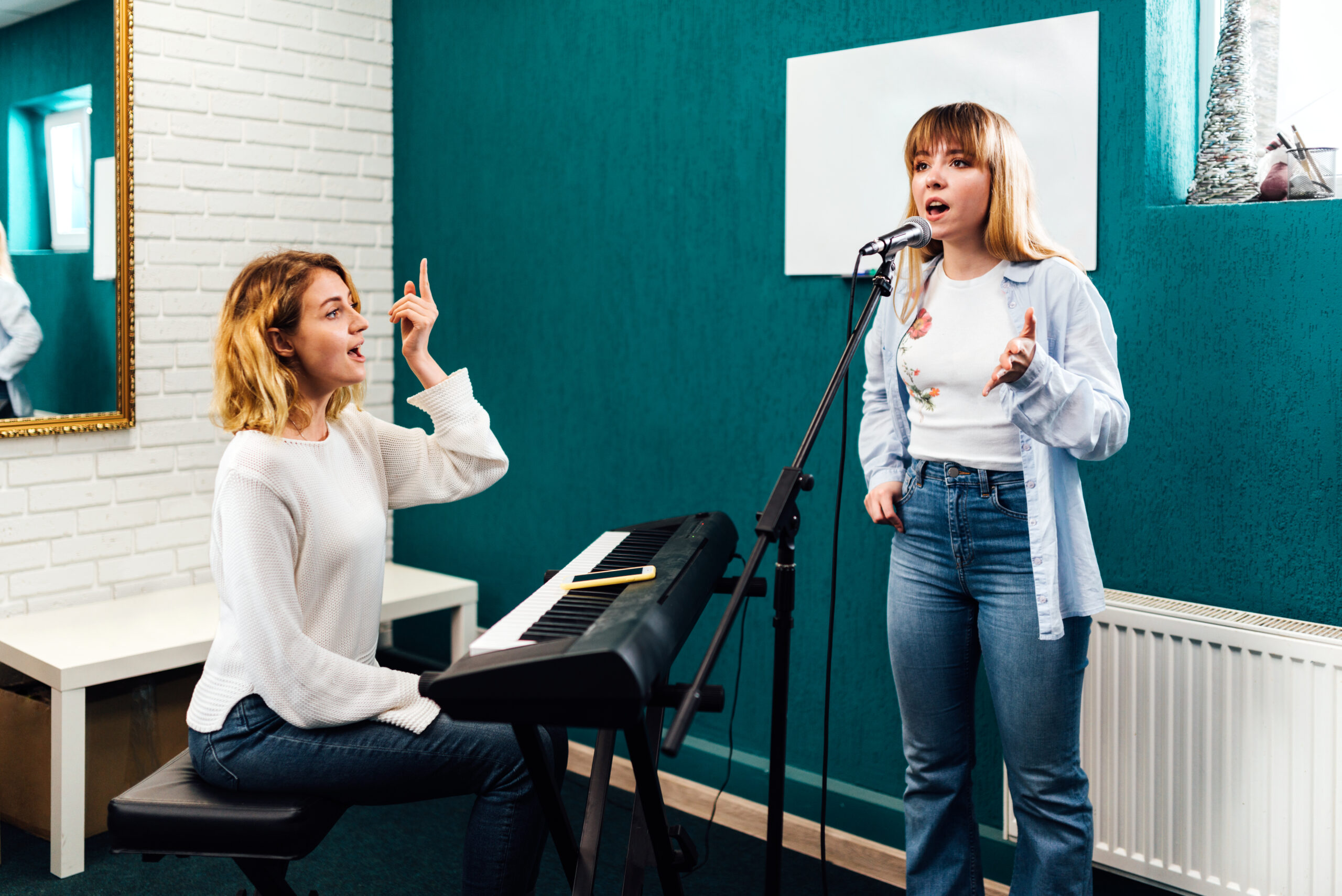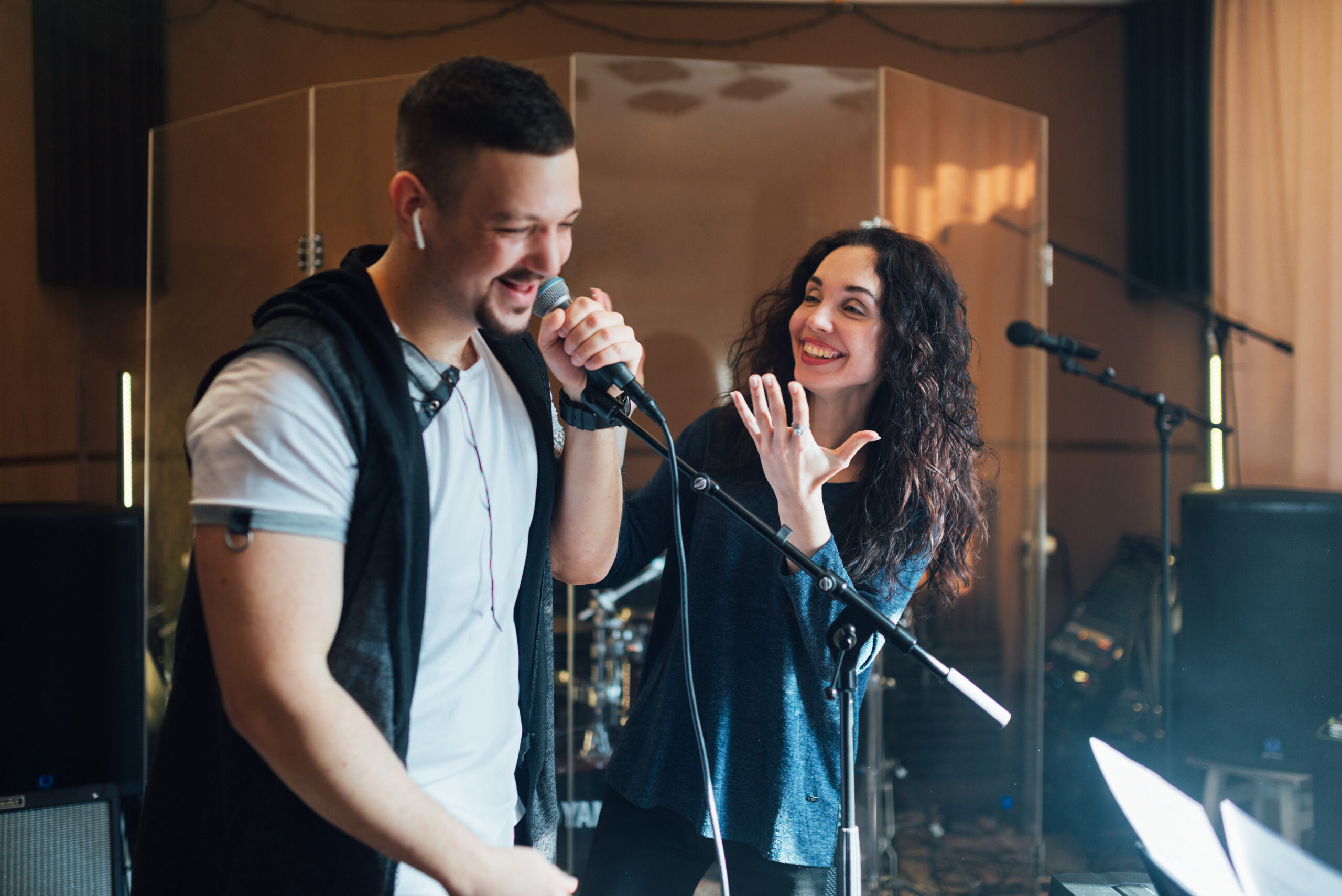
Whether you’re a singer or an instrumentalist, improving your vocal and instrumental skills is crucial for any musician looking to unleash their full musical potential. In this article, we will explore effective strategies and techniques to enhance your vocal and instrumental abilities. By implementing these practices, you can elevate your musical performances, connect with your audience on a deeper level, and unlock new opportunities in your musical journey. Vocal Techniques,Unlocking the Power of Your Voice.Proper Breathing Techniques: Deep diaphragmatic breathing is the foundation of effective vocal control. Practice breathing exercises to strengthen your diaphragm and develop breath support. This will enable you to sustain long notes, improve vocal stamina, and achieve a fuller, more resonant sound.Vocal Warm-ups: Warm up your voice before singing to prevent strain and injury. Incorporate vocal exercises that target different aspects of your voice, such as range, flexibility, and tone. Explore scales, lip trills, sirens, and tongue twisters to warm up your vocal muscles and improve overall vocal dexterity.Pitch Accuracy and Control,Work on pitch accuracy by practicing scales, arpeggios, and intervals. Use a piano or a pitch-correction app to ensure precision.Develop vocal control by practicing dynamic variations, such as crescendos, decrescendos, and vibrato. This will allow you to express emotions and add nuances to your performances.Diction and Articulation: Clear diction and articulation are essential for effective communication through song. Practice enunciating vowels and consonants accurately, ensuring each word is clearly understood. Tongue twisters and singing exercises that focus on articulation can help improve your clarity and precision.Instrumental Techniques,Mastering Your Musical Craft Practice Consistently: Dedicate regular time to practice your instrument. Establish a practice routine that suits your schedule and stick to it. Consistency is key to building muscle memory, improving finger dexterity, and enhancing overall technique.Technique and Finger Exercises: Develop proper technique by practicing scales, arpeggios, and technical exercises specific to your instrument. Focus on finger independence, speed, and accuracy. Gradually increase the difficulty of exercises to challenge yourself and improve your overall skill set.Sight-Reading,Strengthen your sight-reading skills by regularly practicing sight-reading exercises and playing unfamiliar sheet music. This will enhance your ability to quickly interpret musical notation and play with confidence in various musical settings.Ear Training: Train your ears to recognize intervals, chords, and melodies. Practice interval recognition exercises and train yourself to play melodies by ear. This will improve your ability to learn songs quickly, play by ear, and improvise.

Record and Share Your Music: Record your performances or compositions to document your progress and share your music with others. Utilize platforms like SoundCloud, YouTube, or social media to showcase your talent, receive feedback, and connect with a wider audience.
Enhancing your vocal and instrumental skills is a lifelong journey that requires dedication, practice, and a hunger for continuous improvement. By employing effective vocal techniques, mastering instrumental skills, seeking professional guidance, and actively seeking performance opportunities, you can unlock your musical potential and create transformative musical experiences for both yourself and your audience. Remember, consistency
